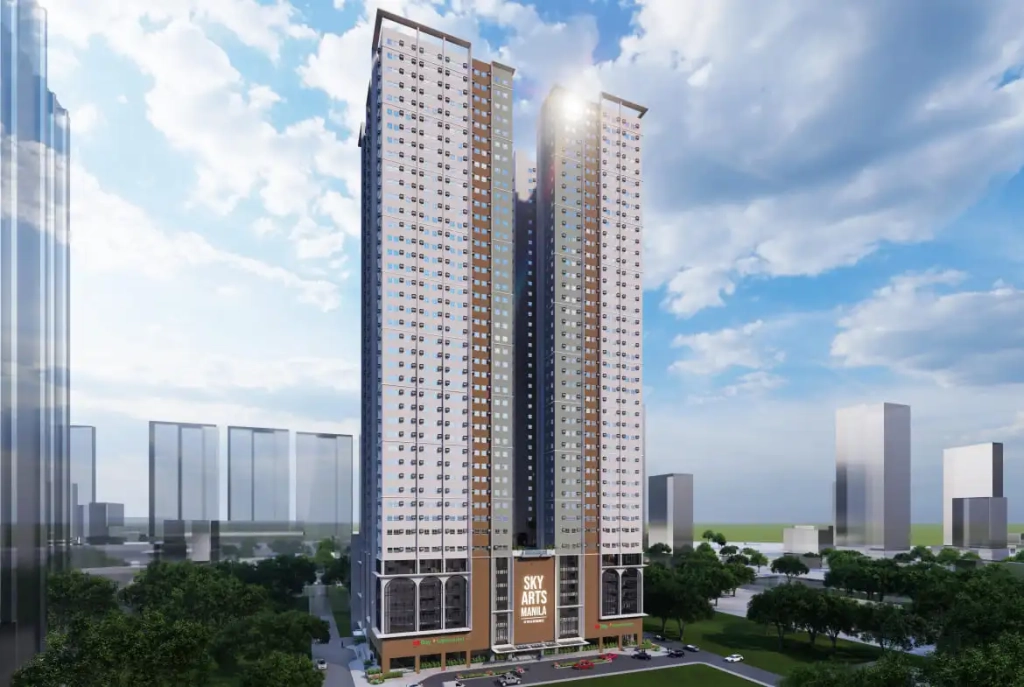7 Golden Tips: A Comprehensive Guide to Philippine Real Estate for Expats

With its tropical allure and friendly locals, The Philippines has become an increasingly attractive destination for expats. Real estate is a crucial aspect to consider for those who wish to settle, invest, or even just have a vacation home in this tropical paradise. If you’re an expat looking to navigate this terrain, you’re in the right place.
Here’s a comprehensive guide to Philippine real estate for expats that’ll serve as your compass!
RELATED: The Comprehensive Guide to Renting Commercial Spaces for Small Businesses
Guide to Philippine Real Estate for Expats
Embarking on a real estate journey in the Philippines can seem daunting, especially when dealing with unfamiliar regulations, cultural nuances, and the sheer variety of options. But fret not – we’ve got the lowdown for you.
Why the Philippines? The Allure Explained
Natural Wonders: The Philippines boasts a diverse range of natural landscapes. Besides its globally renowned beaches, the nation houses volcanic terrains, mysterious caves, and forests teeming with exotic wildlife.
Economic Boom: The Philippines’ economy has been witnessing rapid growth. As sectors like IT and BPO expand, property value and demand have surged.
Cultural Extravaganza: Rich in history and tradition, the Philippines offers a unique blend of Eastern and Western cultures due to its colonial past.
Legal Groundwork: Owning Property as an Expat
Navigating foreign property ownership laws can be tricky. Here’s your guide:
Condominium Rules: While direct land ownership is a no-go for expats, the Philippine law allows foreigners to own up to 40% of condominium units.
Land Lease Options: An alternate route is the leasehold system. Expats can lease land for periods typically spanning 25 years, with an option to renew.
Corporate Routes: Creating a Philippine-based corporation, where an expat holds up to 40%, can allow indirect land acquisition.
Real Estate Hotspots: Where to Pin Your Investments?
Each region in the Philippines has its unique charm and investment potential:
Metro Manila: The epicenter of business and culture, it’s where modernity meets history.
Cebu: A harmonious blend of urban life and natural beauty, with both metropolitan hubs and beaches like Mactan Island.
Davao: Celebrated for its safety measures, this city is also a flourishing business center.
Boracay and Palawan: For those dreaming of a serene beach life, these islands are paradise incarnate.
Navigating with Real Estate Agents: Ensuring You’re in Safe Hands
The right agent can make or break your property deal. Keep these pointers in mind:
Credentials Check: Always validate their license from the Professional Regulation Commission.
Reputation and Experience: An agent with a reputable track record and profound market knowledge can save you from potential pitfalls.
Client Feedback: Customer reviews and word-of-mouth recommendations can provide valuable insights.
Treading Carefully: Avoiding Common Mistakes
While the Philippine real estate market is lucrative, it has its pitfalls. Here’s what to avoid:
Rushed Decisions: Due diligence is vital. Research the property’s history, its current market value, and projected appreciation.
Overlooking Maintenance Costs: Beyond buying, it’s essential to account for upkeep. Remember, properties need love and care to maintain their value!
Documentation: Ensure all property documents are genuine and free from disputes. This can save you from future legal hassles.

Funding Your Dream Property
Acquiring a property is an investment. Here’s how to fund it:
Personal Savings: While it might seem old-fashioned, direct transactions often give room for better negotiation.
Philippine Bank Loans: With a rising expat population, many local banks have customized home loan options for foreigners.
Developer-Backed Financing: Several real estate developers offer financing plans, sometimes with better terms than banks.
Settling In: What’s Next After the Purchase?
Property Insurance: Protect your investment against unforeseen events, especially in areas prone to natural calamities.

Hiring a Property Manager: If you’re not staying in the Philippines, a local property manager can be invaluable. They can manage tenants, oversee maintenance, and ensure steady returns on your investment.
Understanding Taxes: Get familiar with local property taxes to ensure you’re always on the right side of the law.
Embracing the Philippines, with its vibrant tapestry of culture, nature, and modernity, is an enriching experience. As the real estate market in the country burgeons, opportunities for expatriates continue to expand. With the insights from this guide, you’re equipped to make informed decisions, ensuring that your investment not only brings financial returns but also enriches your life experience.
FAQs
Can a foreigner own a house in the Philippines?
Yes, but they cannot own the land on which it stands. They can lease the land or own a house through a corporation.
What’s the advantage of buying a condo over a house?
Expats can directly own condo units, up to 40% of a condominium project. There’s no such direct ownership provision for houses.
Are there any tax benefits for expats buying real estate in the Philippines?
Expats are subject to the same tax regulations as locals. However, certain bilateral agreements might provide tax relief. Always consult a local tax expert.
How reliable are real estate agents in the Philippines?
While many are professional and trustworthy, always ensure they have the necessary credentials and positive reviews or testimonials.
Is it better to rent or buy in the Philippines as an expat?
It depends on your long-term plans. If you plan to stay for a few years, renting might be more cost-effective. But if you consider staying longer or want an investment, buying could be the better option.
How is the real estate market trend in the Philippines?
The market has been on an upward trajectory, with growth in both residential and commercial sectors, especially in metropolitan areas.
Read more here: AllProperties Latest Blogs





